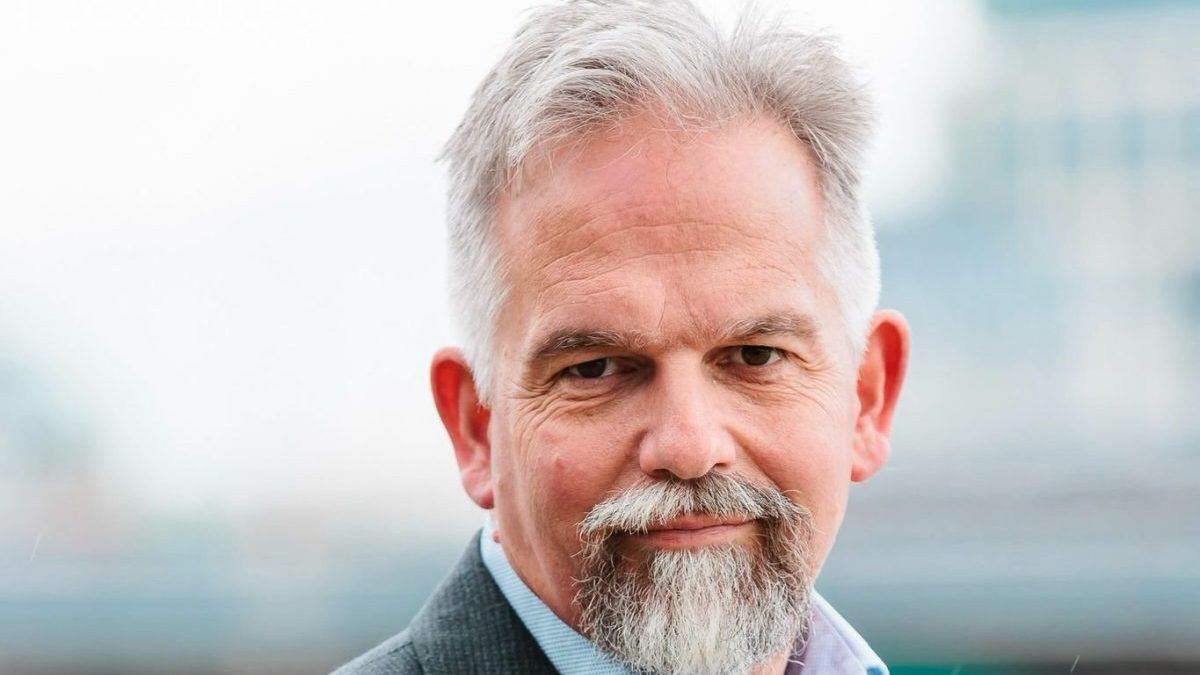Patients are losing out on life-changing drugs for cancer and rare diseases because of Brexit, experts have warned.
Treatments could be made available in the EU and US before the UK because of cost increases associated with Britain’s departure from the bloc five years ago.
Kidney Cancer UK urged the Government to streamline “bureaucracy” that is blocking clinical research into new cancer treatments.
Dr David Nicholl, a neurologist specialising in rare diseases, said drug companies are choosing to conduct medical trials in the EU and US instead of the UK as they offer larger population samples.
He told The i Paper: “If you want to do a clinical trial you need big populations and, working with the European Union, that’s a lot easier to do because it has a larger population.
“When the UK made a choice to leave the European Union, we made a choice to make it more difficult to carry out clinical trials.”
The European Medicines Agency – the EU’s watchdog for human and veterinary drugs – used to be based in London but was transferred to the Netherlands in 2019 due to Brexit.
This created a chasm between regulation in the EU and the UK, which since 2021 has been fully regulated by the Medicines and Healthcare Products Regulatory Agency (MHRA).
Nicholl said: “If a drug company has a new drug that they think will have potential, they’ll go to the [Food and Drug Administration] in the US and they’ll go to the European Medicines Agency, that’s based in Amsterdam since 2019.
“Ultimately, that comes down to their population, because a drug company has to make money.”
Dr Nicholl told The i Paper that clinical trials are particularly significant for rare diseases that currently lack available treatments in the UK.
He added: “There was one particular trial where we were looking at a rare form of blindness. The placebo-controlled trial nearly fell through.
“The cost, I was told, was nearly an extra £1m to sort out the placebo drug because of an extra hassle caused by Brexit.”
‘Since Brexit, the UK has to go at it alone’
Dr Matt Kneale is a healthcare policy advocate and former-chair of the Doctors’ Association UK, a professional association for doctors set up in 2018.
Kneale told The i Paper that Brexit has continued to make accessing new drugs and treatment difficult for NHS patients.
“Being a part of the EU gave the UK access to shared regulatory systems, research networks and supply chains that made it cheaper and easier,” he said. “Since Brexit, the UK has to go at it alone.”
Dr Matt Kneale is a healthcare policy advocate and former-chair of the Doctors’ Association UK (Photo: supplied)
He added that this inaccessibility has led to increasing worry and concern among patients.
“This is causing a lot of anxiety for patients who are running out of options and desperately need the latest drugs,” Kneale said.
“The delays and uncertainty aren’t just frustrating – they’re frightening for patients.
“This is no longer just a policy debate, it’s about people’s lives – and right now patients in the UK are being let down.”
Kneale added: “If the Government is serious about restoring the UK’s role in global research and improving access to life-saving treatments, there’s still a lot more work to be done.”
A leaked report obtained by The Guardian revealed that cancer patients are being denied access to vital drugs and trials of ground-breaking treatments are being blocked by the red tape and extra costs caused by Brexit.
Leaving the EU “damaged the practical ability” of doctors to provide NHS patients with new drugs approved through international clinical trials, according to the 54-page report, which was compiled by experts from organisations including Cancer Research UK, the University of Southampton and research consultancy Hatch.
The UK has joined the Critical Medicines Alliance, set up in January 2024 to bring together EU members states, industry experts and civil society to boost the provision of drugs that can result in patient harm if their administering is delayed or missed.
However, campaigners have called on the Labour Government to take bolder steps to streamline healthcare regulation and trade, such as by drawing up a memorandum between the MHRA and the European Medicines Agency.
Kidney Cancer UK’s chief executive Malcolm Packer said clinical research has “reduced significantly” in recent years.
He said: “Brexit, government changes to funding and instability in the world markets have all contributed to a drop in investment in important clinical trials generally including in the UK.
“The UK has established a long-standing reputation for high standards in clinical research, but we must adapt as the global environment changes.
“We have to ensure the UK remains an attractive place in which to carry out clinical research into new cancer treatments.
“That means streamlining bureaucracy and removing post-Brexit barriers with the EU.”
A Government spokesperson said: “We are strengthening our relationship with the EU on research and have been providing extensive support for researchers to help them secure funding from the £80bn Horizon Europe programme and get more vital treatments from the lab to patients.
“Through the Cancer Healthcare Goals programme, we are enhancing collaboration between industry, academia, the NHS and charities and making it easier to conduct life-saving research in medical science and technology so patients can be diagnosed earlier and offered targeted therapies.
“Support for cancer research is helping to deliver the Government’s Plan for Change, as we build a better NHS and unleash life sciences as a force for economic growth.”
